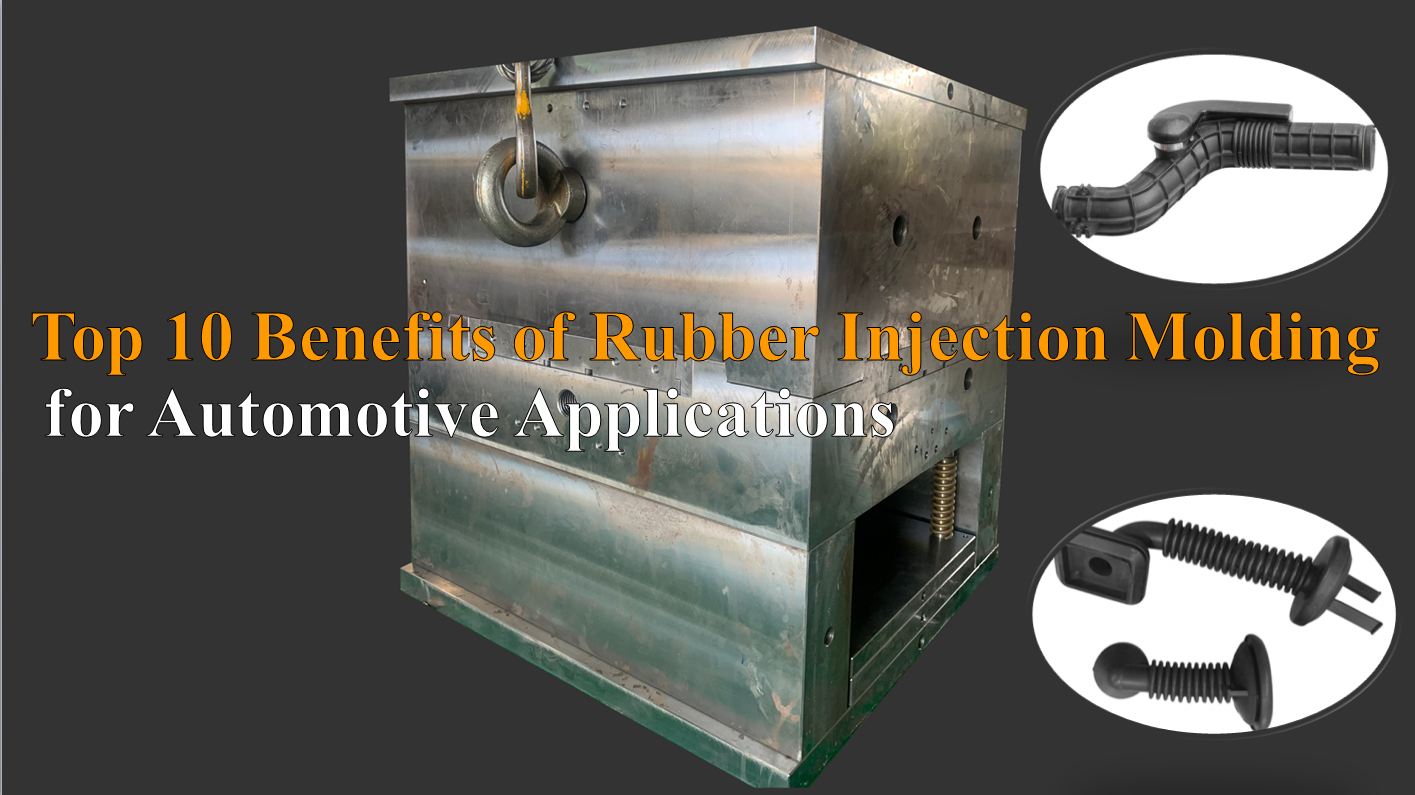
Top 10 Benefits of Rubber Injection Molding for Automotive Applications
Introduction
Rubber and plastic injection molding are pivotal manufacturing processes widely used in the automotive industry. At Liang Rong Co., Ltd., we specialize in providing high-quality solutions for both rubber and plastic injection molding that meet the rigorous demands of various industries. These methods involve injecting heated materials into a mold to form various parts essential for modern vehicles. The processes offer numerous advantages, from enhancing production efficiency to ensuring superior part quality. Here, we explore the top 10 benefits of rubber injection molding for automotive applications, underscoring why it remains a preferred technique in the industry.
1. High Precision and Consistency
Rubber injection molding delivers high precision and consistency, crucial for automotive parts that must meet strict dimensional tolerances. The process ensures that every component, from gaskets to seals, is produced with exact specifications, reducing the risk of malfunctions due to part variability.
2. Enhanced Material Properties
The injection molding process allows for the manipulation of rubber properties through precise control of temperature and pressure. This manipulation enhances characteristics such as elasticity, resistance to temperature fluctuations, and durability, making the parts ideal for the demanding conditions of automotive use.
3. Faster Production Cycles
Compared to traditional rubber manufacturing methods, injection molding significantly speeds up production cycles. This efficiency is due to the automation of the injection molding process, which minimizes manual labor and accelerates the production timeline, allowing manufacturers to meet tight deadlines.
4. Cost Efficiency
Rubber injection molding is cost-effective, especially for high-volume production. The initial investment in mold design and creation is offset by the low per-unit production cost over time. Additionally, the process produces minimal waste rubber, further optimizing the cost-effectiveness of the operation.
5. Superior Quality Control
With advanced control systems, rubber injection molding machines can consistently monitor the molding process, adjusting conditions in real time to maintain quality. This high level of quality control helps in reducing defects and ensuring that every part meets the automotive industry's rigorous standards.
6. Design Flexibility
Rubber injection molding offers remarkable design flexibility, allowing for the creation of complex shapes that might be challenging or impossible to achieve with other methods. This flexibility enables the integration of multiple functions into a single component, streamlining assembly and reducing material usage.
7. Excellent Bonding Capabilities
Rubber injection molding excels in producing parts that require bonding with other materials, such as metal or plastic. This is particularly useful in automotive manufacturing, where multi-material components are common. The process ensures strong, durable bonds that withstand the stresses of automotive operations.
8. Reduced Labor Costs
Automation in rubber injection molding reduces the need for labor, lowering production costs. This reduction in labor not only cuts costs but also decreases the potential for human error, enhancing the overall efficiency of the production line.
9. Sustainability
Rubber injection molding supports sustainability in automotive manufacturing by allowing the use of recycled materials and reducing waste production. Many rubber compounds used in the process can be reclaimed and reused, aligning with the automotive industry's growing commitment to environmental responsibility.
10. Improved Safety Features
Rubber components made through injection molding, such as seals, hoses, and gaskets, directly contribute to the safety and reliability of automotive vehicles. These parts ensure that vehicles operate safely under various environmental conditions, protecting both the vehicle and its occupants.
Conclusion
Rubber injection molding offers substantial benefits for the automotive industry, ranging from enhanced precision and material properties to sustainability and safety improvements. At Liang Rong Co., Ltd., we leverage this technology to deliver top-quality components that meet the evolving needs of automotive manufacturers. By adopting rubber injection molding, automotive companies can achieve higher efficiency, better performance, and increased competitiveness in a demanding market. For more information on our rubber injection molding services or to discuss how we can assist with your specific needs, please contact us. We look forward to partnering with you to enhance your manufacturing processes.